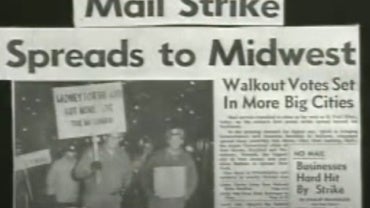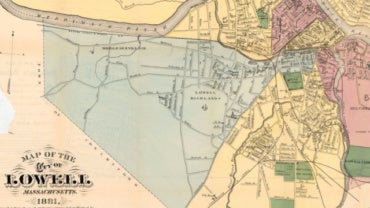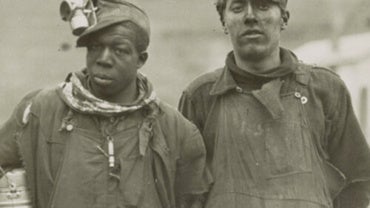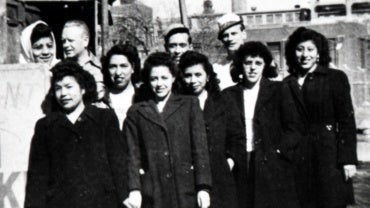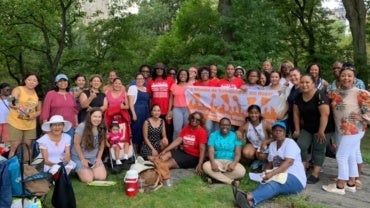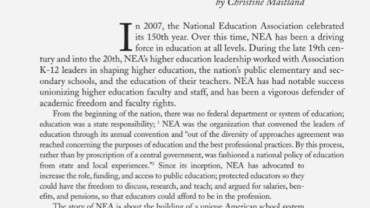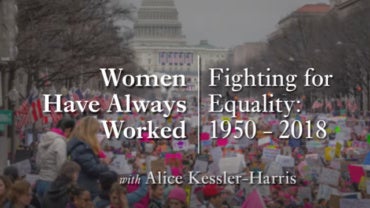The West Coast connects to the world through its ports. Ships have been the economic lifeblood of the West Coast since the early 19th century, and the ports where goods and people move from water to land and from land to water have keyed important parts of the the history of this region. The Waterfront Workers History Project explores this vital history, focusing on the men and women who have worked in the ports, the inland waterways, the fisheries, canneries, and other waterfront industries of California, Oregon, Washington, British Columbia, and Alaska. Strikes and struggles for workplace rights have been part of that history and waterfront workers have created some of the most influential labor unions anywhere, including the International Longshore and Warehouse Union (ILWU).



